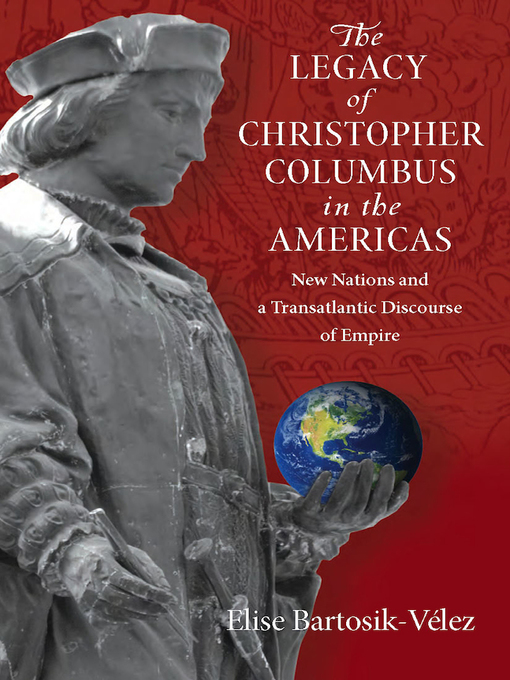Bartosik-Velez seeks to explain the meaning of Christopher Columbus throughout the so-called New World, first in the British American colonies and the United States, as well as in Spanish America, during the eighteenth and nineteenth centuries. She argues that during the pre- and post-revolutionary periods, New World societies commonly imagined themselves as legitimate and powerful independent political entities by comparing themselves to the classical empires of Greece and Rome. Columbus, who had been construed as a figure of empire for centuries, fit perfectly into that framework. By adopting him as a national symbol, New World nationalists appeal to Old World notions of empire.
- British Science Fiction Association awards
- Book of the Year
- International Booker Prize
- 2025 Women's Prize for Nonfiction
- The Arthur C. Clarke Award
- Uplifting Reads to Kickstart Your Year
- Bestsellers of 2024
- Nero Book Awards
- Great Reads from Around the World
- THE POLARI PRIZE
- World Poetry Day
- International Women's Day
- Business Book of the Year 2024
- See all ebooks collections
- World Cancer Day
- International Day of Women and Girls in Science
- Magazines
- World Photography Day
- See all magazines collections
